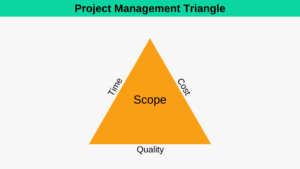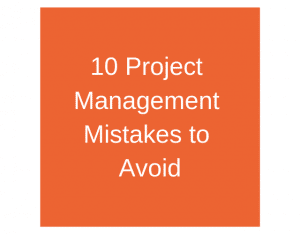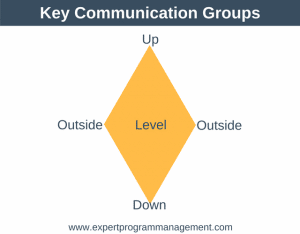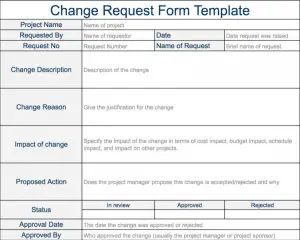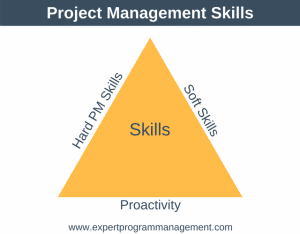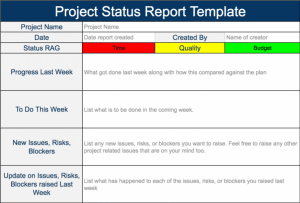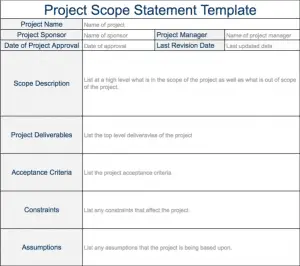As someone who previously ran a small company I’m a strong believer in having an entrepreneurial spirit if you’re working as a project manager within a business. All too often I’ve seen project managers focus too much on process or deliverables, and not enough on the value they are delivering to the business. I’m not saying we need to buy braces and act like Gordon Gekko, but if we’re working for a business then why not focus mostly on returning value to that business through everything we do?
If you agree that being focussed on the business and having an entrepreneurial mindset is a good idea, then here are some simple tips you can use:
1. Only Engage in Value
Only engaging in value means that you should only participate in tasks which add value to your project in some way. Spending time to boost your team’s morale adds value, managing issues and risks adds value, but turning up to meetings when you’re not sure why you’re even there adds no value at all. So, if you’re not sure why you’re being asked to attend a meeting, seek clarification from the organizer. If you’re still not sure, or if it’s clear you’re not going to be adding any value (adding value not too the meeting but to the project or business), then politely decline the invitation.
2. Look for Early Wins
Nothing breeds success like success, so aim to structure your project so as wins are delivered to the business as early as possible. By early wins I’m referring to something which adds read value to the business (increased revenue, increased margin, reduced costs etc) not just completion of an arbitrary task or milestone. Celebrate each early win with your team. The intention here is to build momentum within the team and within the project.
If you’re new to an organization or to project management, then finding some early wins can be a great way to get people onto your side, and build trust between you and the project’s stakeholders early in the project.
3. Develop your Understanding of Risk
Not all risk is the same. The business you work for might be prepared to accept schedule slip more than it’s prepared to accept budgetary slip, for example. Don’t just sit down as a project team and attempt to understand and manage the risks. Try to find the business perspective on particular risks. For example, if the business cannot tolerate a budget slip then perhaps you should timebox work or build incrementally to ensure you have something “ready” when the budget runs out. Or, if the business can tolerate a budget slip, but wants every deliverable delivered, then perhaps the project should be structured so it’s moving as quickly as possible towards it’s goal.
4. Ruthlessly Prioritize
Businesses make prioritization calls all the time, where one project is chosen over another to maximize the return to the business. Often when projects start the business wants too much. Then, midway through the project we have to jettison parts of the project in order to finish and get to market. Ruthless prioritization means that if at the very beginning of a project, you can see parts of the project which can be thrown away or add less value than other parts, then attempt to get rid of them immediately. This will reduce project risk as you’re trying to do less, and increase the chance of your project being a success as it’s now concentrating on the piece which adds the most value to the business.
Conclusion
If you work for a listed company, then legally it must deploy funds to deliver the maximum return to shareholders. One way that you as a project manager can contribute to this is by having an entrepreneurial mindset. Having this mindset will help your projects return the maximum value to the organization and increase the likelihood of a successful project. The 4 tips above can be used to help you become a more entrepreneurial project manager.
